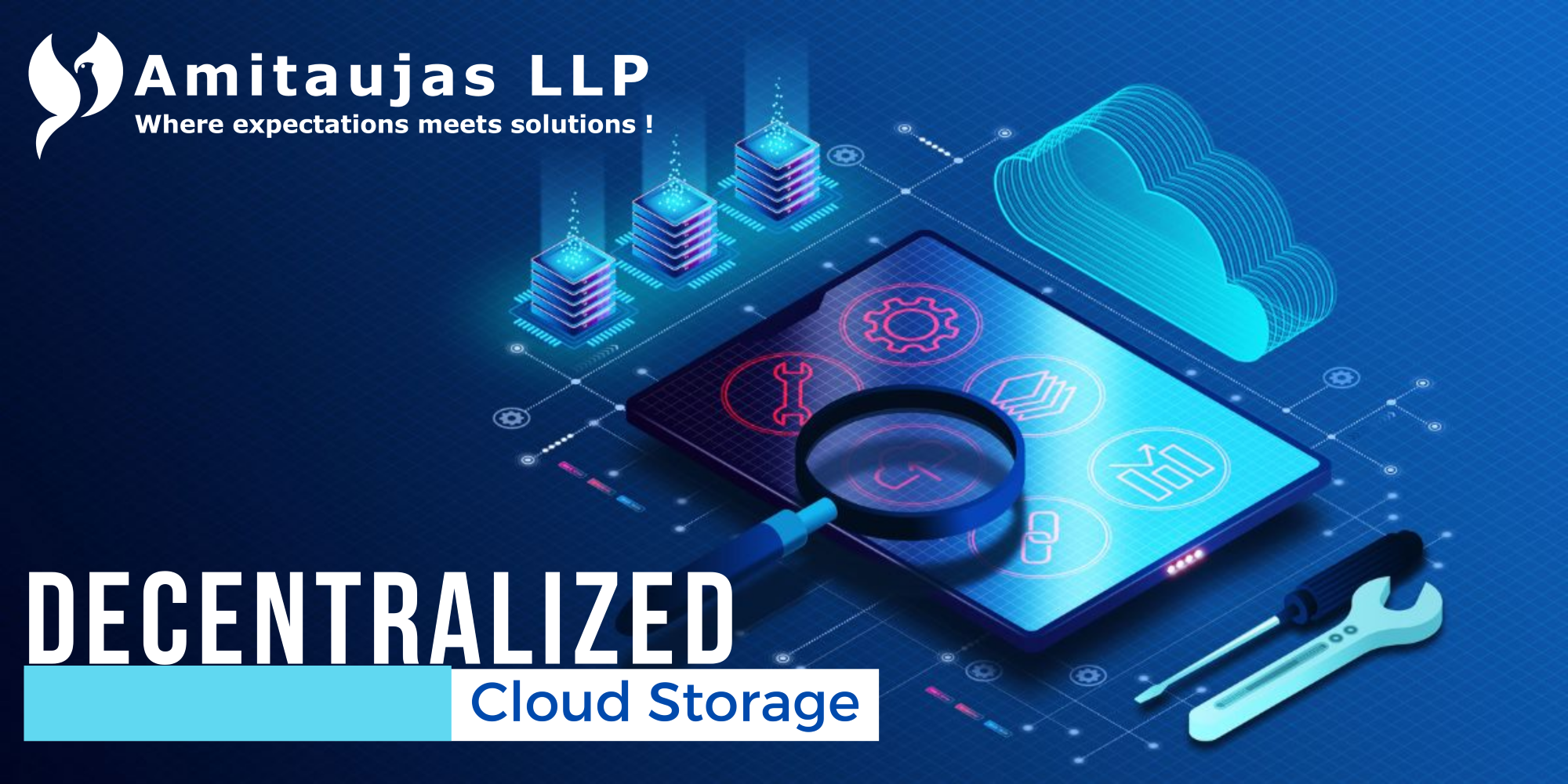
Decentralized Cloud Storage
Decentralized cloud storage is a disruptive technology that shifts the traditional cloud storage model by distributing data across multiple nodes or servers, typically owned and operated by independent users, rather than a centralized data center controlled by a single company. This approach aims to address some of the challenges faced by centralized cloud storage, such as security, privacy, cost, and data availability.
Features of Decentralized Cloud Storage
Data Distribution
- Files are split into encrypted chunks and distributed across numerous nodes. Each node stores a small piece of the data, ensuring redundancy and security.
- No single node has access to the entire file, enhancing privacy and reducing the risk of data breaches.
Encryption and Privacy
- Data is encrypted before it leaves the user’s device, ensuring that only the owner of the data has the decryption keys.
- Even though the data is stored across multiple locations, the storage providers (nodes) cannot access the content due to encryption.
Peer-to-Peer (P2P) Network
- Decentralized storage networks operate on peer-to-peer (P2P) protocols, where users provide unused disk space on their devices (nodes) to store data.
- These systems often use blockchain or other distributed ledger technologies to track and verify storage agreements between providers and users.
Increased Security and Redundancy
- Since data is stored across multiple locations, the risk of single points of failure, common in centralized systems, is eliminated.
- If a node goes offline, the system can back up data from other nodes that store redundant copies, improving availability and uptime.
Encryption Economy
- Many distributed storage platforms use a token economy that allows users to earn tokens by providing storage and bandwidth, while users use tokens to store their data.
- These tokens can be traded, providing financial incentives for individuals and companies to join the network.
